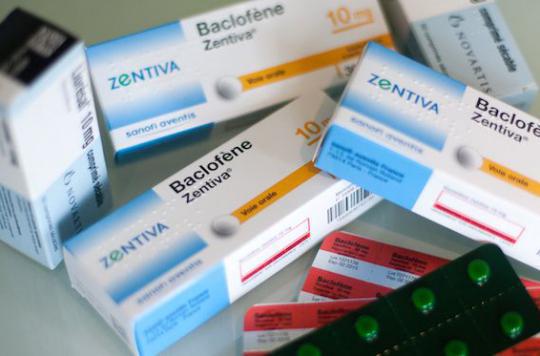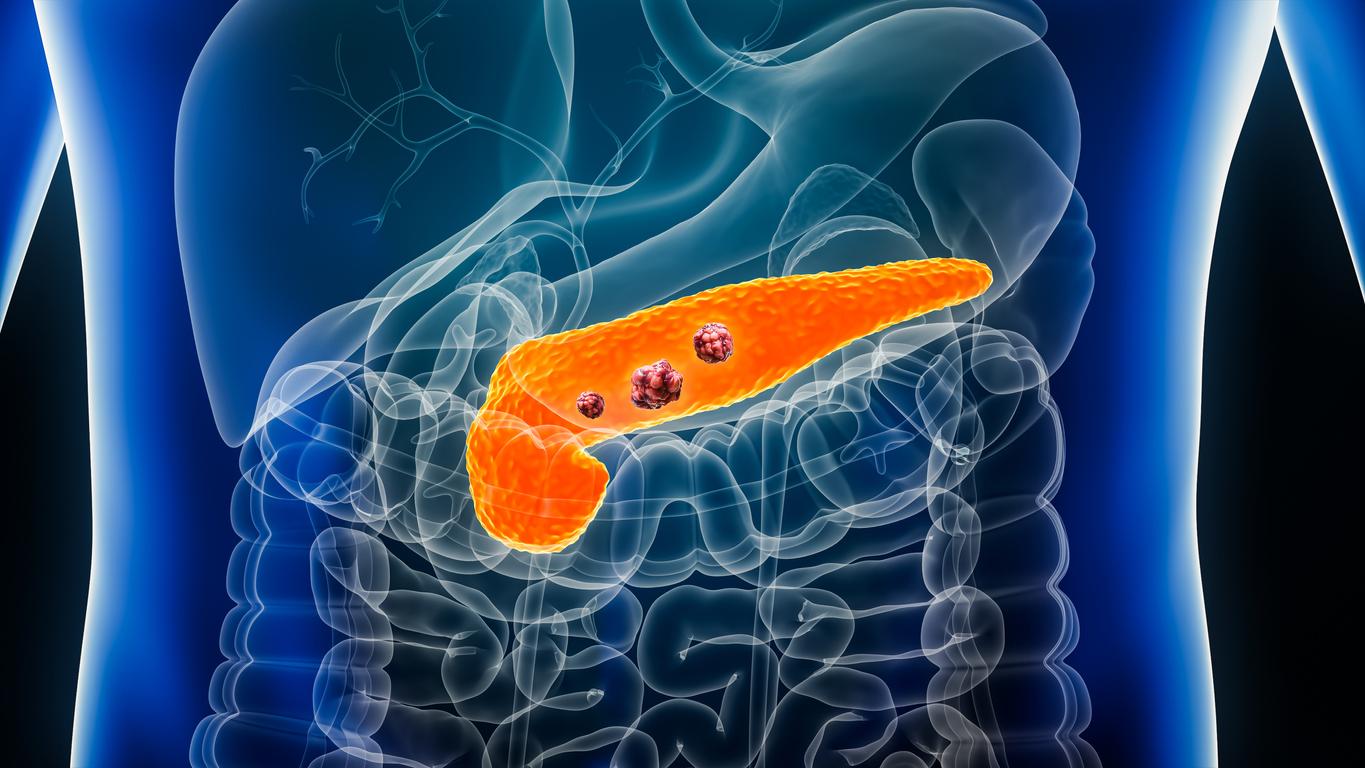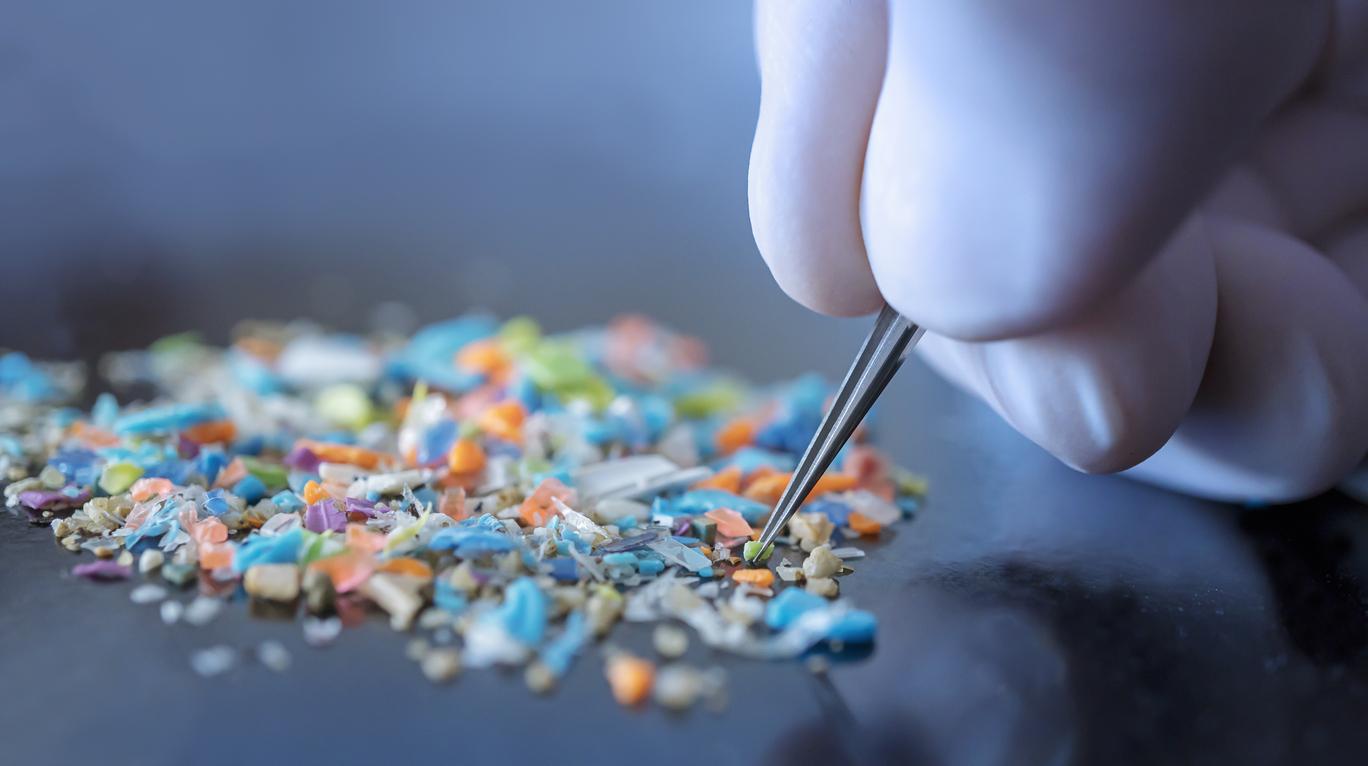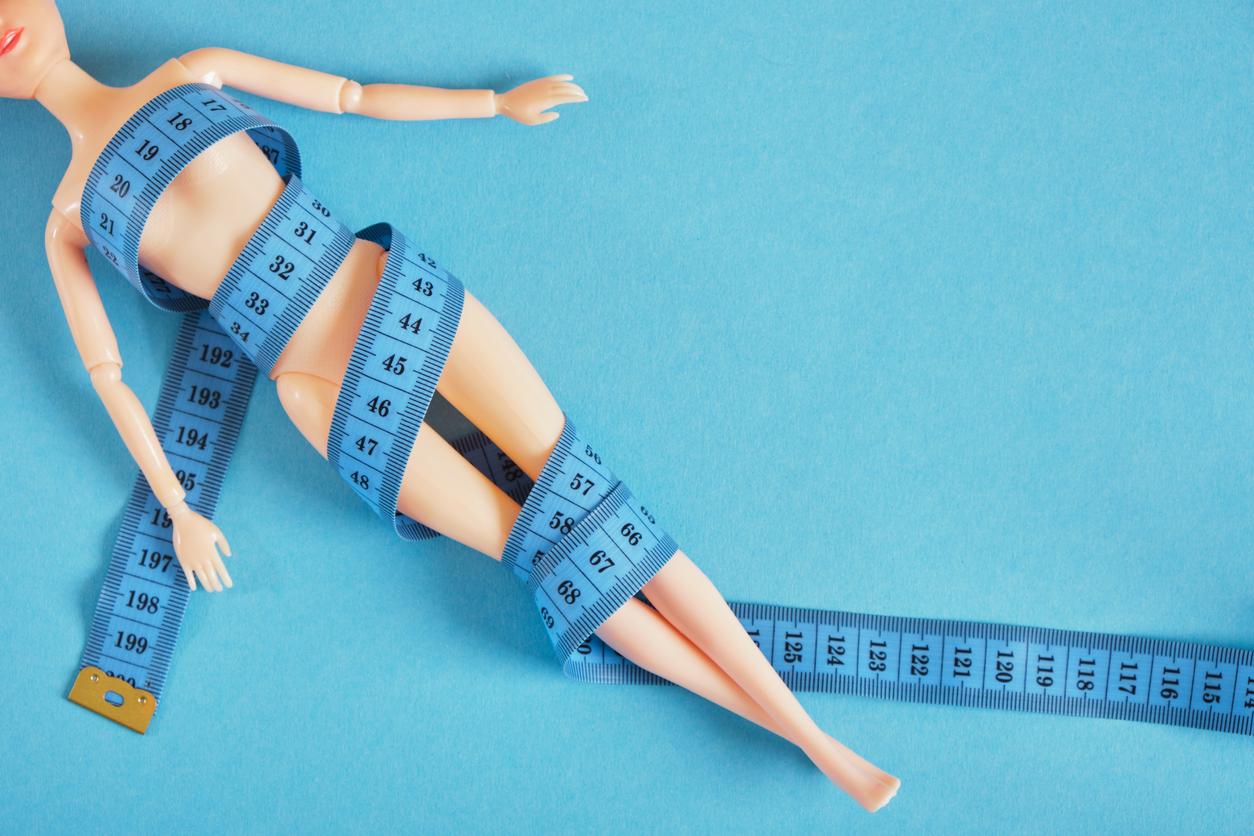Today, only 10% of patients affected by baclofen RTU can enter it. The prescription criteria for this alcohol dependence treatment will therefore evolve, announces the ANSM.

End of March 2014, the National Medicines Safety Agency (ANSM) gave the green light to the temporary recommendation for the use (RTU) of the muscle relaxant baclofen in the management of alcohol dependence for patients who have failed the available treatments. But with only 5,928 patients currently registered on the Internet portal “www.rtubaclofene.org” for monitoring patients (for nearly 5 million French people who have problems with alcohol), the figures are far from the objectives set.
Indeed, the various actors of this portal hoped for around 15,000 patients registered after 6 months and 300,000 after three years.
A finding “unsatisfactory” which forced the ANSM to move its lines on Monday, according to the Medical Press Agency (APM).
Contacted by Why actor, the ANSM admits indeed having initiated a process of revision of the RTU, “in order, in particular, to work on the aspects which could facilitate the inclusion of patients”. “This should see the light of day in October, or before the end of 2015 in any case,” even predicts Professor Philippe Jaury, coordinator of the Bacloville clinical trial carried out among liberal doctors. Good news for this specialist, who considers that the previous device is “a failure”.
Do you have more details on this announcement?
Prof. Philippe Jaury : There will be changes to the RTU text in order to include a few more patients. This is good news, because because of the conditions too strict to get patients into the RTU, many doctors simply gave up. They prefer to shun the device rather than waste time with it.
What are the “too strict” contraindications in your opinion?
Prof. Philippe Jaury : The indications are good, but there are too many contraindications. For example, all anxious or slightly depressed patients are excluded. But also those who have co-morbidities, who smoke cannabis resin, or who take certain drugs that should not be taken, according to the text.
In addition, the currently authorized doses are very limited. For me, they do not allow, in some cases, to have an effective treatment.
Today, many doctors feel that this RTU is only for patients who are doing well. In my work with Dr Renaud de Beaurepaire, it was estimated that if the text is strictly followed, only 10% of the patients concerned can enter the Internet portal “www.rtubaclofene.org”.
I make simple proposals. For example, I ask that we no longer block prescriptions by asking for checks by other doctors at each dose threshold (1).
While waiting for this development, what are the doctors doing?
Prof. Philippe Jaury : Today, there are many doctors who prescribe baclofen to their patients, apart from the RTU developed by the ANSM. As a result, they also prescribe non-AMM (Marketing Authorization). They do not risk any sanction, however. In fact, the only risk is for the patient, since he will not be reimbursed. Fortunately, this drug is inexpensive.
(1) From the dosage of 120 mg / day, a second opinion by a colleague experienced in the management of alcohol dependence should be sought. For any dosage greater than 180 mg / day, a collegial opinion within a CSAPA (Support and Prevention Care Center in Addictology) or a hospital service specializing in addictology is required. Within the framework of this RTU, the dosage of 300 mg / day should never be exceeded.














